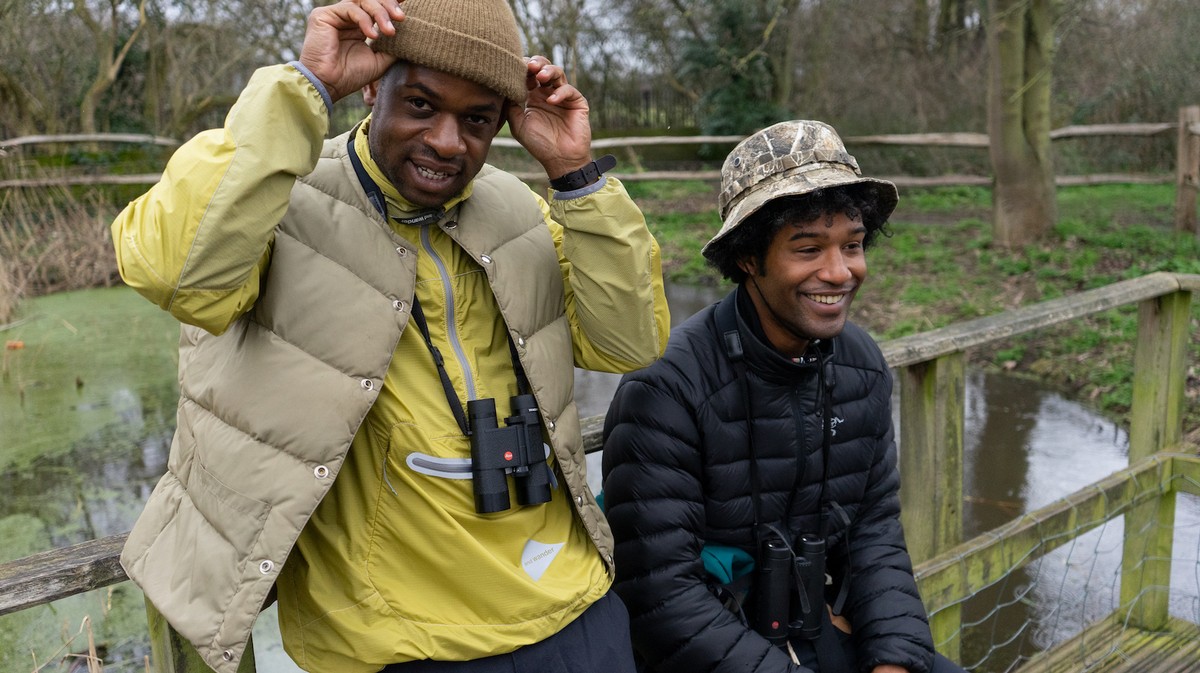Lockdown Sparks Rise of Young, Black Birdwatchers
Lockdown restrictions prompted a surge in interest in birdwatching among young people, especially individuals of color. Flock Together, a group founded to combat underrepresentation in nature, experienced rapid growth across various cities. The Royal Society for the Protection of Birds noted a significant increase in participation among the youth demographic during their annual survey. The activity provided solace and comfort during challenging times, fostering community support and mentorship opportunities. Initiatives like Flock Together and Black2Nature aim to diversify the traditionally homogenous birdwatching community by promoting inclusivity and representation.
Dostosuj podsumowanie
Przepisz z AI
Generuj cytaty
Przetłumacz źródło
Na inny język
Generuj mapę myśli
z treści źródłowej
Odwiedź źródło
www.vice.com
Lockdown Helped to Create a New Generation of Young, Black Birdwatchers
Kluczowe wnioski z
by Dhvani Solan... o www.vice.com 04-12-2021
https://www.vice.com/en/article/g5gxwq/bird-watching-flock-together-lockdown
Głębsze pytania
